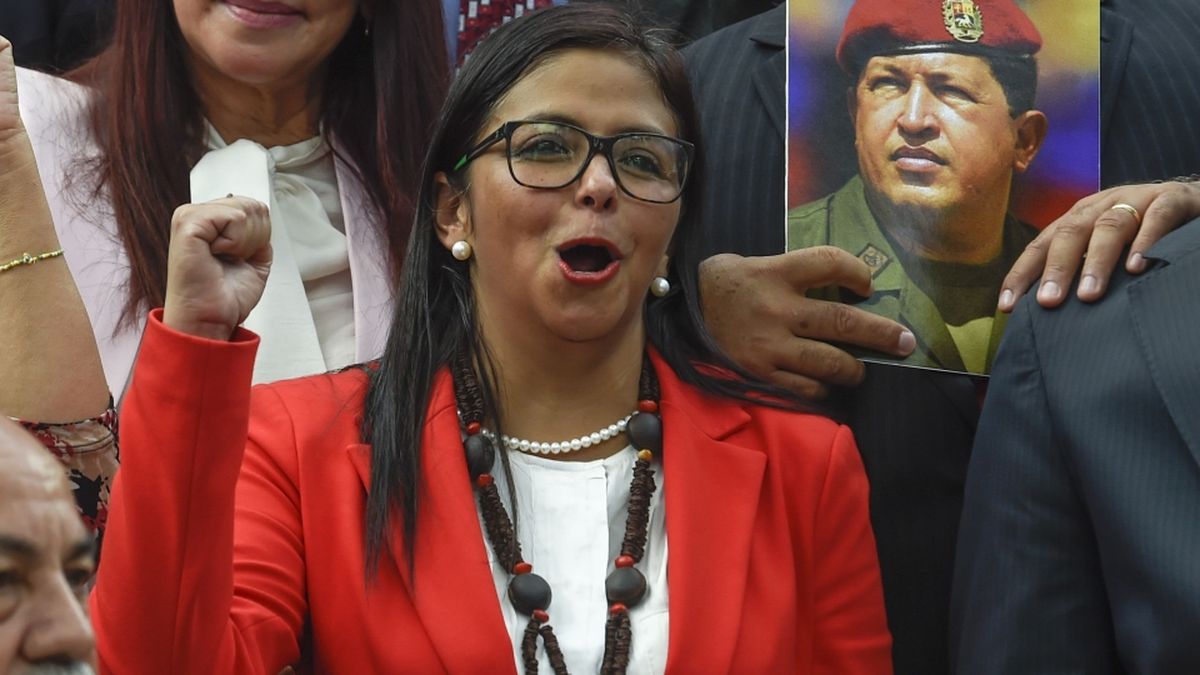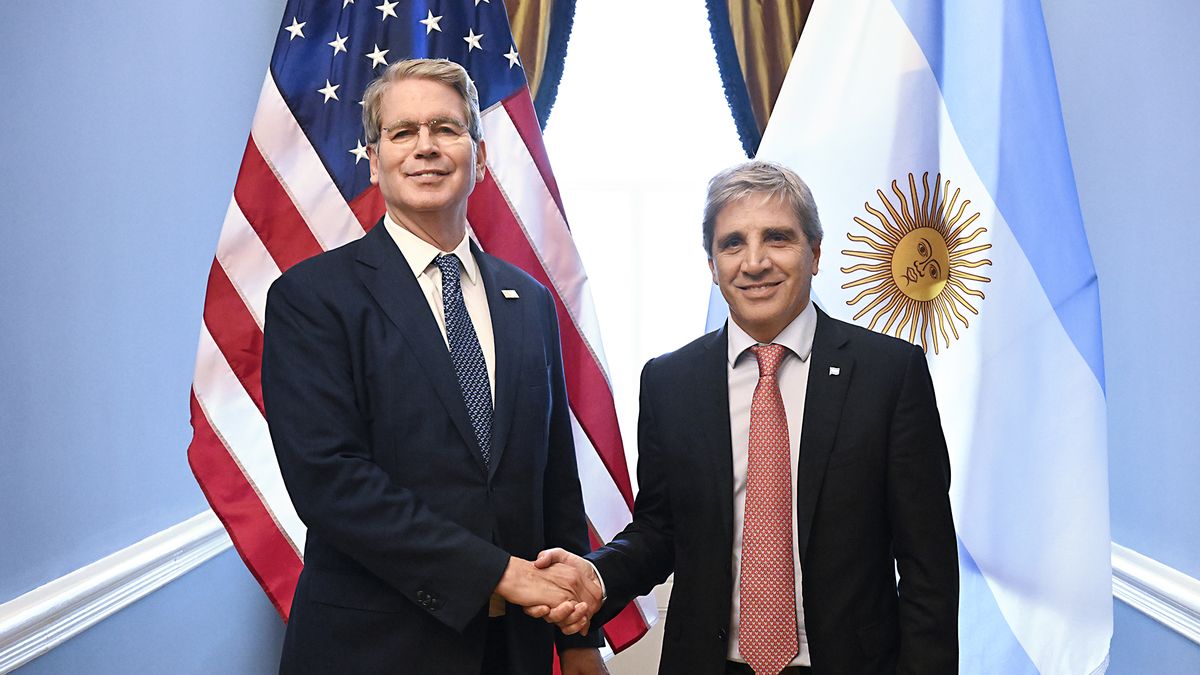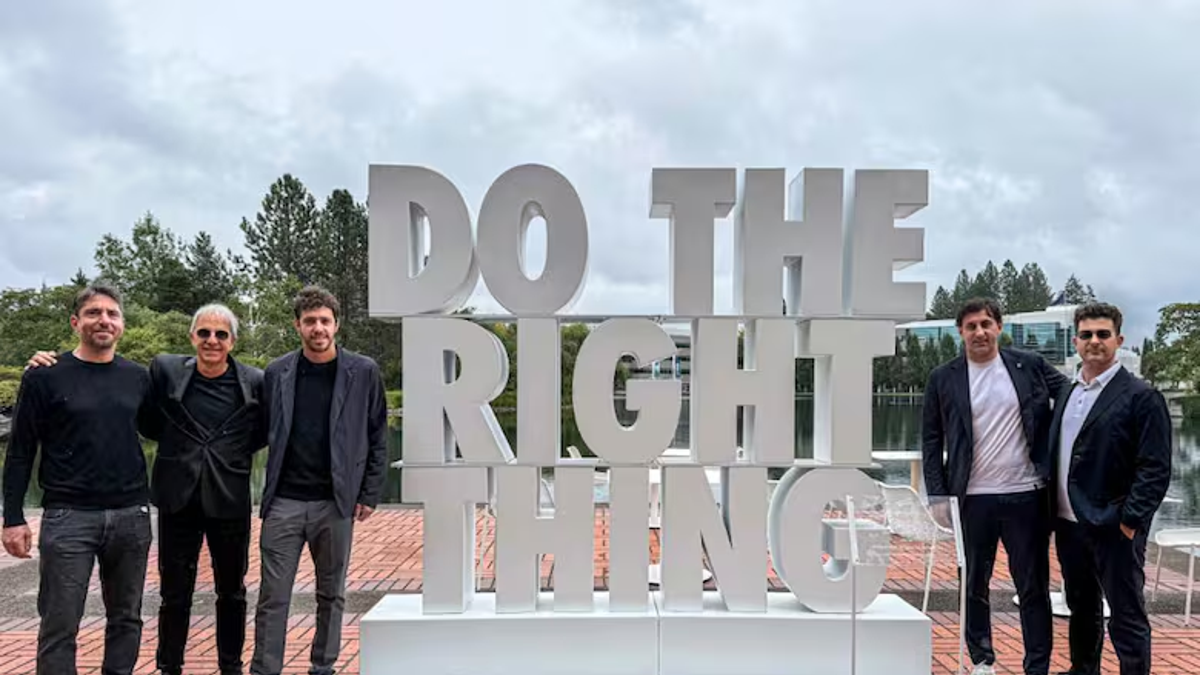Despite the inactivity of Congress in an electoral year, the Government confirms that will send a bill with a strategy for lithium. However, they rule out that it has points in common with the regulatory framework that Chile has, which promotes the nationalization of lithium and the state exploitation of the mineral. The strategy that the Executive Branch and the provinces are working on is that of promote industrializationso these days it is being debated how the preferential quotas and prices will be for the domestic market.
Last week, Casa Rosada officials anticipated some definitions. The Secretary for Strategic Affairs, Mercedes Marco del Pont, assured that “the development of lithium is an opportunity to strengthen industrialization”, during a Conadu event. Regarding the details of the draft law in preparation, he affirmed: “Our Government cannot end without having discussed regulatory frameworks that guarantee the availability of a quota of lithium for its industrialization in Argentina”.
As Ámbito was able to find out, in order to guarantee the availability of lithium for industrialization, the bill has a chapter that creates a quota for its commercialization in the domestic market. In addition, it defines that it must have a preferential price. From the Government they clarify that the quotas will apply as long as “there is local demand”. The percentage of this fee is not yet fully defined, but it could start at 5%.
In addition, these days what is sought to define is how the local quota trade will be institutionalized. This is the point in common that the Argentine lithium strategy will have with Chile. In the neighboring country, there is the state agency Production Promotion Corporation (Corfo). In April, Corfo completed an evaluation process that lasted for a semester and granted a quota of 11,000 tons of lithium carbonate per year at a preferential price to the company. BYD Chile, which will install a cathode plant and create 500 jobs.
The idea of promoting added value is what Argentina and Chile share. But what remains to be defined in Argentina is what this entity will be like and how it will be managed so that there are transparent price and award mechanisms. In the Chilean case, in August 2022 Corfo opened the call to national and foreign companies to present their proposals for adding value and to be able to access a preferential price. The supply will be provided by the SQM Salar mining company, one of the two that exploits lithium in Chile, in a contract that the company has with Corfo.
In fact, after the Chilean president, gabriel boric, announced the nationalization of the lithium industry, the Chilean government held meetings with the SQM company to renegotiate the contracts and that the Chilean State participate directly in extraction and production. With the other company that exploits lithium, Albemarle, they have not yet managed to sit down. Chile’s idea is to create a state company, such as Codelco in the case of copper. However, in the Argentine government they clarify that the local strategy will have nothing to do with the Chilean one in this matter.
The bill is being worked on by Casa Rosada, the Ministry of Economy and the three mining provinces (Catamarca, Salta and Jujuy). Sources familiar with the fine print clarify that it does not foresee the nationalization of lithium or the creation of a state company, as Chile has. The regulatory framework does not intervene in mining, which is currently carried out by three companies: Livent in Catamarca, Sales de Jujuy in Jujuy, and as of this month, a new project was added after seven years, also in Jujuy, from the Exar mining company. . In that case, The closest thing to a “state strategy” is what the oil company YPF, with a state majority, defines through its business unit in YPF Litio.
The differences with Chile were publicly expressed by the undersecretary of the SAE, Veronica Robert, in a meeting of the UBA last week: “Chile and Argentina are different countries from an institutional perspective: Chile is unitary, unlike our country, which is federal and recognizes by its constitution the original domain of natural resources” , he claimed. In Argentina, In order for lithium to be nationalized, there should be a constitutional reform, because the resource is under provincial authority, and that issue is not on the agenda.
Request from Cristina Kirchner
Robert assured that the Chilean regulatory framework “allows us to think about the effective possibilities and the degree of maneuver that Argentina has.” From his look, the regulations did not expel the investments, after implementing mobile royalties that today amount to 40% due to the rise in the international price: “Corfo renegotiated contracts in 2015 with Michelle Bachelet, and they went from 100,000 to 200,000 tons, so it did not discourage investment by mining companies.”
Vice President Cristina Kirchner called for a national lithium strategy in her May 25 speech. Although in the Government they ratify that the bill they are preparing will be sent to Congress “in the coming weeks”, the truth is that in some ministries there are few expectations for it to come out, due to the proximity of the presidential elections, the little parliamentary activity, and the little provincial push. The Lithium Table, where all the parties sit, was scheduled to meet this Friday, June 16, but it may be suspended due to agenda issues raised by the provincial governments.
Source: Ambito




